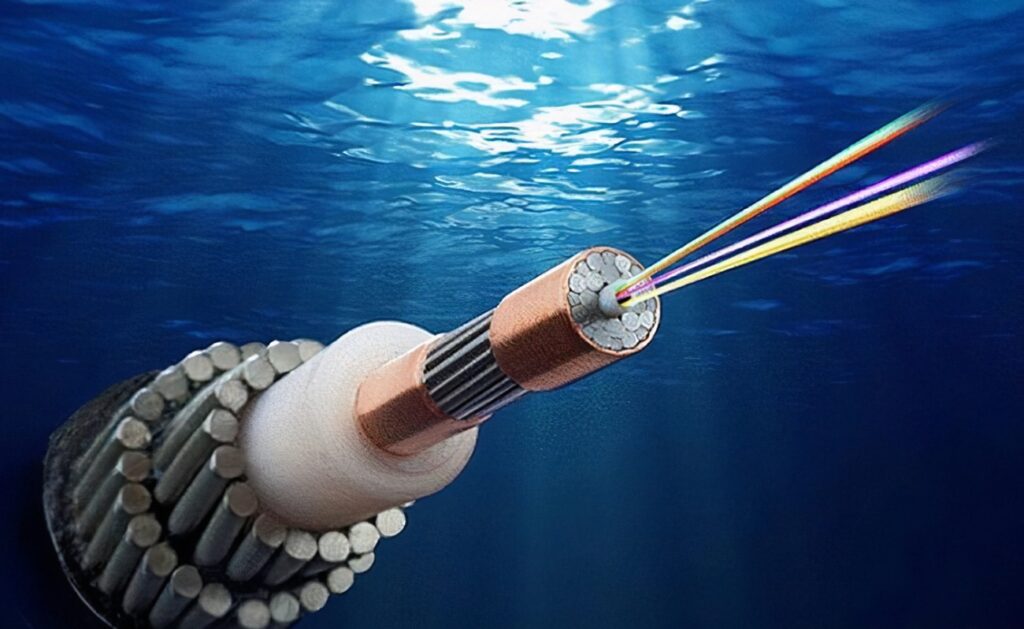
Meta, the American technology company behind Facebook, Instagram, and WhatsApp, has selected Safaricom, Kenya’s leading telecom operator, as its local partner for a new submarine cable project connecting Oman and Kenya.
This initiative marks a significant milestone for Safaricom, as it grants the company direct control over international data capacity for the first time. It also enables Meta to establish a faster and more reliable network for its operations in the region, thereby enhancing the resilience of its platforms and improving data flow across East Africa.
The US$23 million project, named the “Daraja” system, is fully financed by Meta’s subsidiary, Edge Network Services, and boasts a 24-fibre-pair configuration.
Safaricom will oversee the Kenyan landing site and manage the related infrastructure, transitioning from simply leasing bandwidth to becoming a critical infrastructure provider. This aligns with its Vision 2030 goal of evolving from a traditional telecom company to a comprehensive technology firm.
Moreover, the Oman–Kenya cable will complement Meta’s existing 2Africa cable system, which spans 45,000 kilometres and serves as a vital connection route that circumvents the congested Red Sea corridor. The 2Africa project is the longest undersea cable globally, with several landings across 32 targeted African sites, including recent connections in Lagos and Kwa Ibo, Nigeria, in November 2023.
This new Oman–Kenya link will also enhance digital and trade relations between East Africa and the Middle East, potentially solidifying Kenya’s role as a key connectivity hub in the region.
With flat voice revenue growth, Safaricom is pivoting its strategy toward expanding M-PESA and data services, which grew by 15.2% and 16.5%, respectively, in fiscal year 2025. The cable project will bolster its expansion into enterprise and cloud services by enhancing bandwidth reliability and facilitating local data hosting for business clients.
Holding approximately 65% of Kenya’s mobile market, Safaricom is well-positioned to extend its dominance, potentially putting pressure on competitors Airtel and Telkom Kenya to explore alternative technologies, such as satellite connectivity.


















